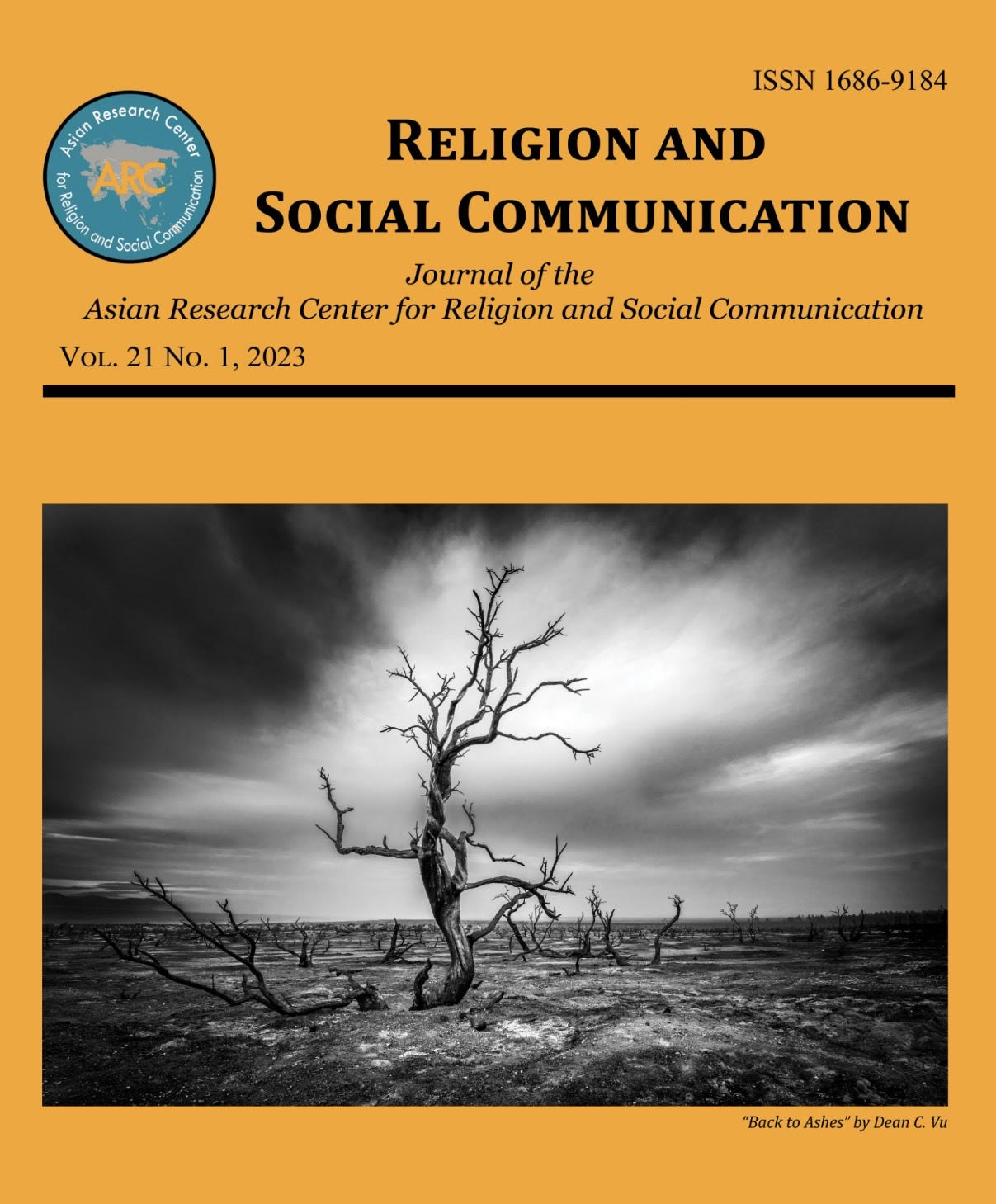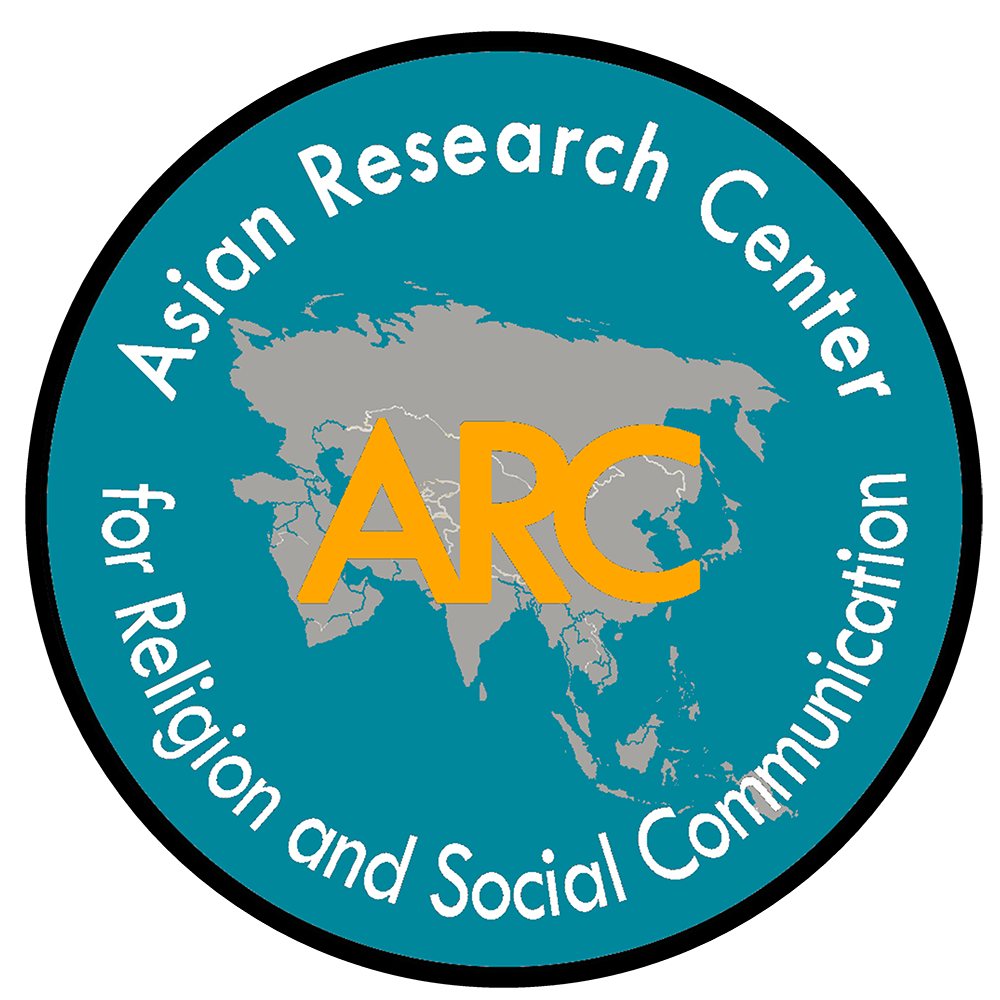Integration into the Local Community by Catholic Migrants through Religious Participation in Hanoi, Vietnam
Download
Religion and Social Communication 21, no. 1 (2023)
Author
Thi Ngoc Anh Nguyen
Abstract
With the substantial flow of people from rural to urban areas in recent years, especially in the capital city of Hanoi, Vietnam, migration has become a topic of interest to many experts. This study aims to explore the religious practices of Catholic migrants who come to Hanoi to study and work. The study involved a survey of 402 Catholic migrants as well as 12 in-depth interviews and two focus groups held in parishes where migrants participate in religious activities. The findings indicate that Catholic migrants actively engage in religious practices such as prayer, attending solemn Sunday Masses, and receiving the Sacrament of Reconciliation. Women were found to participate in solemn Masses more frequently than men, and those with higher levels of education attend Sunday Mass more often than those with lower levels of education, as revealed by Chi-Square Test results. Other religious activities among Catholic migrants include receiving the Eucharist and joining associations of immigrants and native-born people, which make up more than 50 percent of their religious participation. Although a small percentage of migrants participate in additional activities such as fasting, retreats, and pilgrimages, the number of pilgrims has increased since 2015 due to improved family finances. The study suggests that participating in religious activities can provide valuable opportunities for migrants to integrate into society and settle into their new homes. By participating in religious activities in local parishes, migrants can connect with local people and other migrants, forming a network that can help them access better employment, career, education, and information.
Keywords
religious activities, religious practices, Catholic migrants, Catholics
PAGES 143-164
Submitted: December 8, 2022; Accepted: February 12, 2023; Published: May 30, 2023





